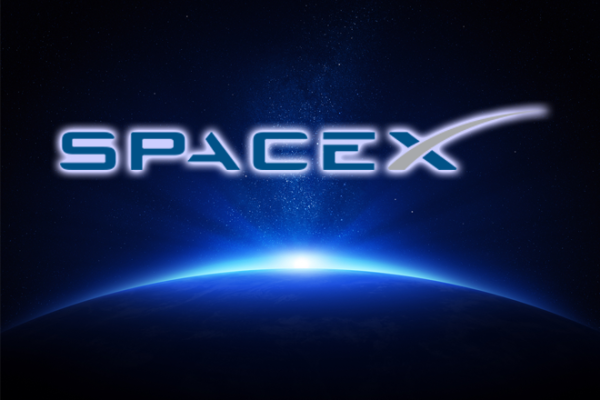SpaceX founder Elon Musk says he's hopeful "the first people could be taken to Mars in 10 to 12 years. I think it's certainly possible for that to occur," according to a recent interview with CNBC. "But the thing that matters long term is to have a self-sustaining city on Mars, to make life multi-planetary." Musk's timeframe puts SpaceX well ahead of NASA, which is talking about getting people to Mars by the 2030s. And that's only if it can get billions in public funding and build a rocket suitable for the job, notes The Register - a science and tech news site from the UK. The Register continues by saying, "Musk's Falcon Heavy booster is scheduled to fly within the next year, and will carry enough payload to make assembling a Mars spaceship possible."
There's still a strong role for NASA, however. Neil deGrasse Tyson makes one such case this piece. Elon gives credit to NASA and admits SpaceX couldn't have gotten as far as it has without them. Generally, we're seeing a growing interest in advancing the space frontier on both the private enterprise level as well as on a national level. After all, NASA was recently awarded $17.9 billion. Private enterprises like SpaceX can jumpstart innovation and reduce costs. A major example for SpaceX is their development of reusable rockets. NASA, on the other hand, can invest in basic scientific research and can have a longer term view.
In the meantime, Elon's electric car company - Tesla Motors - is paving the way for sustainable transport here on earth. He's "quite optimistic about improvements in the battery price" which he hopes would enable Tesla to have a mass-market car ready within the next three years. With the strategic opening of Tesla's patents, it appears their technology is rapidly becoming the industry standard for electric vehicles.

